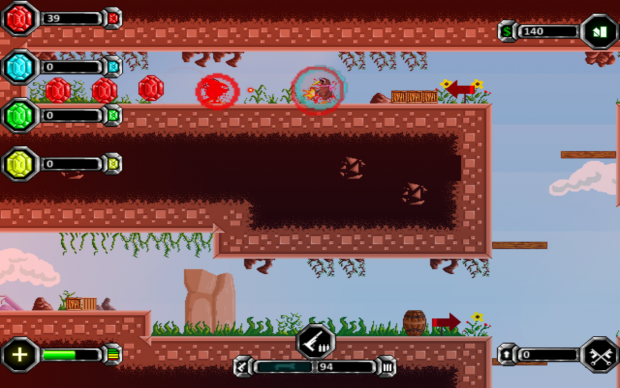

#Kiwix mobile software
software programming.Īt that time in France, broadband access was not, in particular in the countryside, where I'm from. After a few years, it became clear to me that the project had become sustainable, and I started to wonder if I could do something more valuable for it using my core skills, i.e.
#Kiwix mobile Offline
This is what knowledge and education are for.ĭW: Why were you interested in offline content in an age of broadband? Why did you launch the Kiwix project?ĮE: I first joined the Wikimedia movement as a regular editor. To achieve this, most of them need first to emancipate themselves from external and cultural powers.
#Kiwix mobile free
Why is that so?ĮE: Each human should be concretely free to choose his own path in life. I then switched to Debian and later to Ubuntu.ĭW: I read that you consider access to information a basic human right, much like access to water. A few months later, I was presented with GNU/Linux. Most of the workstations at my university had NetBSD. I was lucky to have a few mentors and friends to lead me in programming before the university, but not lucky enough to get introduced to FOSS. I started to deal with free and open source software (FOSS) at the University, fairly late compared to others. We talked about how the project got started and what lies ahead our interview has been lightly edited for clarity.ĭon Watkins: How did you get started in open source?Įmmanuel Engelhart: I'm a French software engineer I studied in Paris but have been working mostly in Germany and Switzerland as a freelancer. I had the opportunity to speak with Emmanuel Engelhart, who, with Renaud Gaudin, developed Kiwix and released it in 2007. In Kiwix's words: "Kiwix is an offline solution that allows you to access educational content like Wikipedia, the Wiktionary, TED talks, and many others on any computer or smartphone-without the need for a live internet connection." An integral piece of the project is Kiwix, which brings the richness of web content to areas of the world not served by broadband. Recently I wrote about Internet-in-a-Box, an educational computer that provides offline access to a wealth of content, including Wikipedia, for students, teachers, and others who don't have reliable internet access. Perhaps that is not the ethic, but if there was a place for a donation or one of your favorite charities, I'd certainly contribute. It's a service I'd be more than ready to pay for. I would also like to congratulate you the incredible work you do. Maybe there is a problem with the structure of the recent databases? I did the same searches, and the pages loaded in less than 10 seconds - really excellent. I searched for "tomate" and "Toulouse" in the french database, and "tomato" and "truck" in the english databases.


Unfortunately, when the pages were heavy, they took almost a minute to load. I have a query, I downloaded the most recent french and english databases : You then transfer the ZIM file to your iOS device using iTunes File Sharing (see ).
#Kiwix mobile download
You can download the ZIM file (or files) directly using the Kiwix App on your iPone, iPad, or iPod Touch - but this takes a long time and is liable to errors.Ī faster and more reliable method is to use a computer to download the small torrent file for the large non-indexed ZIM file you want (not the pre-indexed package for Windows) from then use a bit-torrent client (such a uTorrent) to download the actual ZIM data file to your computer. You first download the Kiwix program from the iTunes App Store to your iPhone, iPad or iPod Touch, and then download the ZIM datafiles for whatever Wikis you want (for example, Wikipedia or Wikiquote). Kiwix is available for iOS version 8.0 or later. Please would you consider adding some more information at (1) and (2) and (3) under the Description at the iTunes App Store (). Forgive me if this is not the correct place for this post - it is inteneded to be helpful and not critical.


 0 kommentar(er)
0 kommentar(er)
